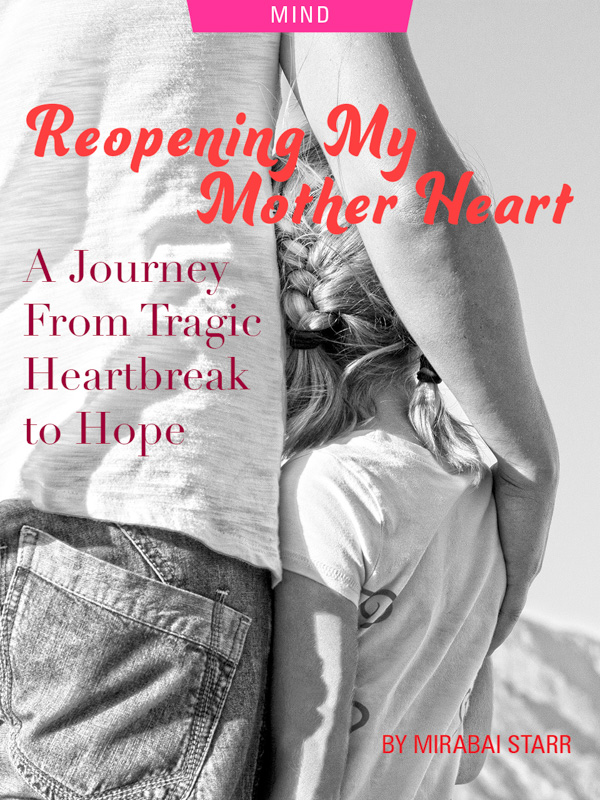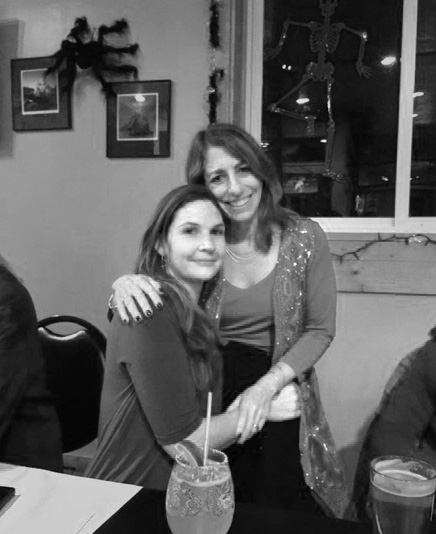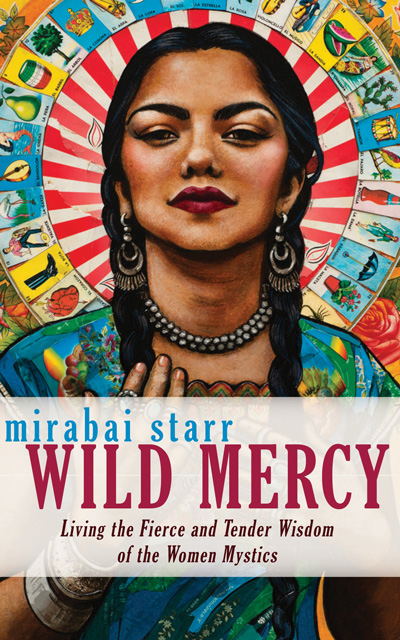
After experiencing tragedy and shutting down, a mother finds her way back to reclaiming the bond with a daughter she always yearned for
—
Given that being a parent can be such a challenging and unglamorous enterprise, why do people bother to begin with? Because sentient beings are made to. Most of us are, anyway. We’re biologically and socially programmed to connect with one another and create new humans. And we are perfectly designed to care for them.
The mistakes we make are part of the package. Our fears for their wellbeing are impossible to circumvent.
We are bound to stumble through the experience of being someone’s mom — just as our mothers fumbled through their own motherly missions. Maybe with more awareness than they did, but not with any more certainty.
My own ‘kid karma’ has been endlessly bewildering to me. I adopted two children of mixed race, who had been abused in their families of origin. I fell so deeply in love with them, I couldn’t imagine adoring a child conceived and ripened in my own uterus any more fully. One of these daughters has moved far away, both geographically and emotionally — though she will always be my first child and holds a singular seat on a lotus in my heart.
But the most shattering loss of all was when my other daughter, Jenny, died at age fourteen in a car accident.
Jenny’s death was a tsunami that rearranged the entire landscape of my life.
My two older stepdaughters have always been kind, but a bit reserved. They don’t climb into bed with me and cry when they’re sad. And I’m not the first (or even the fifth) person they text with good news. I have wistfully commented to their dad that I think they see me as a secretary from Iowa — harmless, but a little boring (with no offense to actual secretaries from Iowa).
My youngest stepdaughter, Kali, is different. She is as much my child as my own children have ever been. Jenny and I moved in with Jeff and Kali when our girls were both nine, and we became the family I had longed to give birth to. Those were the sweetest years of my life. I gave myself over to mothering Jenny and Kali. Science projects and first periods, birthday parties and unrequited crushes. The two girls were inseparable, and the relationship between them brought me great joy.
After Jenny’s sudden death at fourteen, Kali went to stay with her mom and never came back. I lost my family overnight.
At first, I could not understand why Kali would withdraw from me at a time when I felt we urgently needed the refuge of each other. We were the two people who loved Jenny most and whom she had most deeply loved. But Jenny’s death plunged Kali into turmoil and confusion, and it took years for her to integrate the trauma of losing her beloved sister and best friend — and to sort out who I was to her now that Jenny was gone.
Little by little, as she entered young adulthood, Kali made her way back into my life and began to rest again in the safety of my love.
There was something in me, though, that held myself back.

Not wanting to squash the fragile flower of our reconnection with smothering mothering, nor trespass on her loyalty to her own mom, I maintained a tender yet spacious footing with my stepdaughter. That is until one day about ten years after Jenny’s death when Jeff and I were traveling in France.
Our friend Andrew had offered his tiny studio in Chartres to us for a few days so that we could explore the cathedral, famous for its iconic labyrinth, its elaborate rose windows, and most of all for its Black Madonna — a statue of the Blessed Mother that exudes a quality of the primordial feminine, a being who both encompasses and transcends the Virgin Mary.
That day, as Jeff and I walked around the cathedral in the rain, talking about our children, I felt a rush of pain about the distance between Kali and me — and I started to cry. I admitted that I was tired of holding myself back for fear of violating her boundaries. I was ready to let go. I wanted to help Kali with her graduate school applications and listen to her concerns about current events, buy her things I saw that I knew she would love and take her with me to some of the amazing places where I was invited to teach, without fear of transgression.
Well, then go ahead and mother her, a voice resounded in my mind. What have you been waiting for?
In that moment, a stone (perhaps a boulder) lifted from my heart. I realized that I didn’t need to wait for Kali’s approval of my plan. Nor did I require that she reciprocate my dedication to her. I could simply unlock the gates and get on with loving her as my daughter. This did not negate her relationship with her mother. It simply affirmed what was true for me.
I did not rush home and tell Kali about my epiphany. I just quietly acted upon it. I reclaimed our bond and treated her as my own child, an adult child now — but still young and vulnerable. Kali was strong and passionate about human rights and climate change and spiritual awakening — the very same issues I was passionate about! Without my saying a word, Kali began to respond to my maternal devotion. She started coming by for tea. We’d talk about her plans for founding a nonprofit to make art with underserved children, or she’d fill me in on her love life. We’d reminisce about Jenny, sometimes with tears, but more often laughing over Jenny’s adorable idiosyncrasies, which the two of us can recall more vividly than anyone else ever could.
Kali and I have grown closer since the Holy Mother came to me outside her home in Chartres, woke me up, and reopened my own Mother Heart.
You may also enjoy reading Emotional Pain and Grieving: How to Mindfully Support Others by Barbara Larrivee
